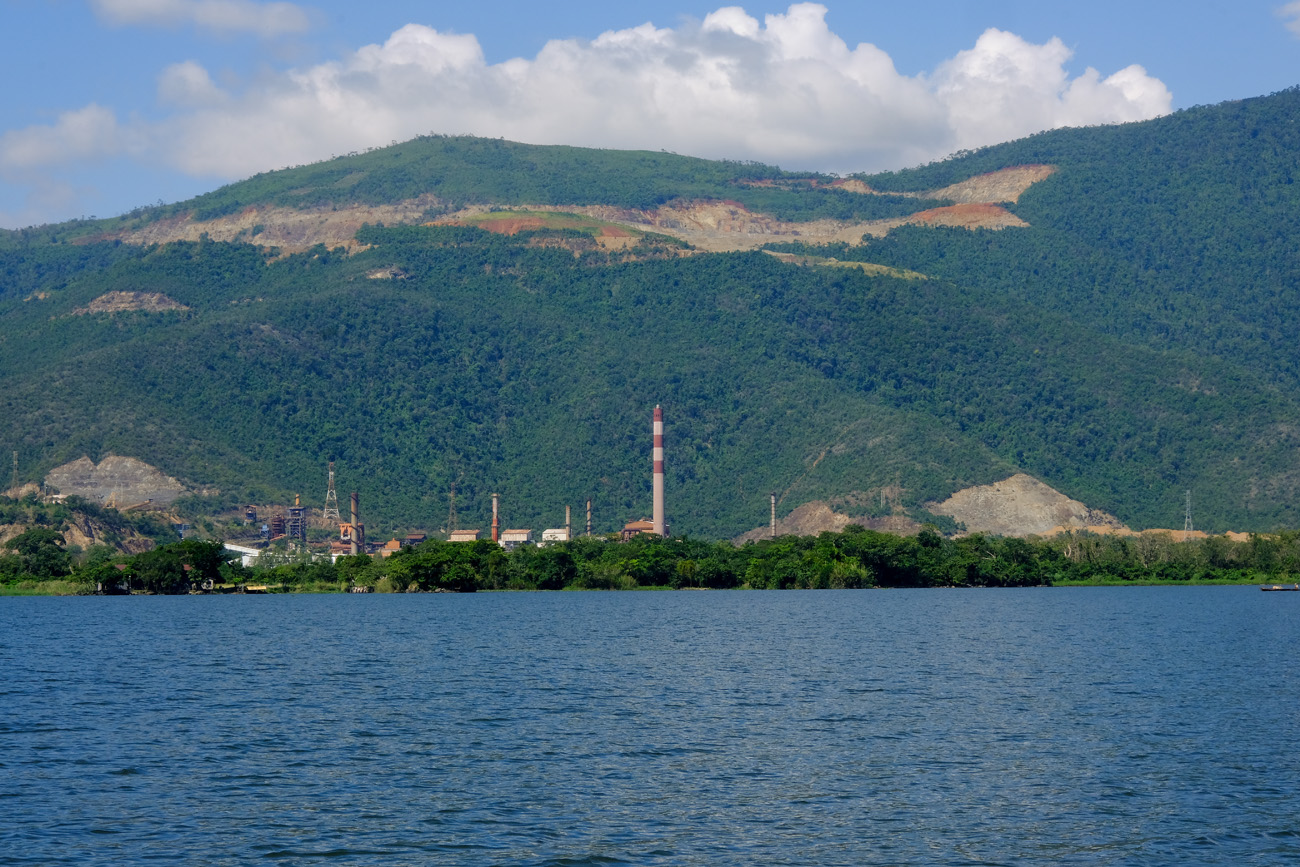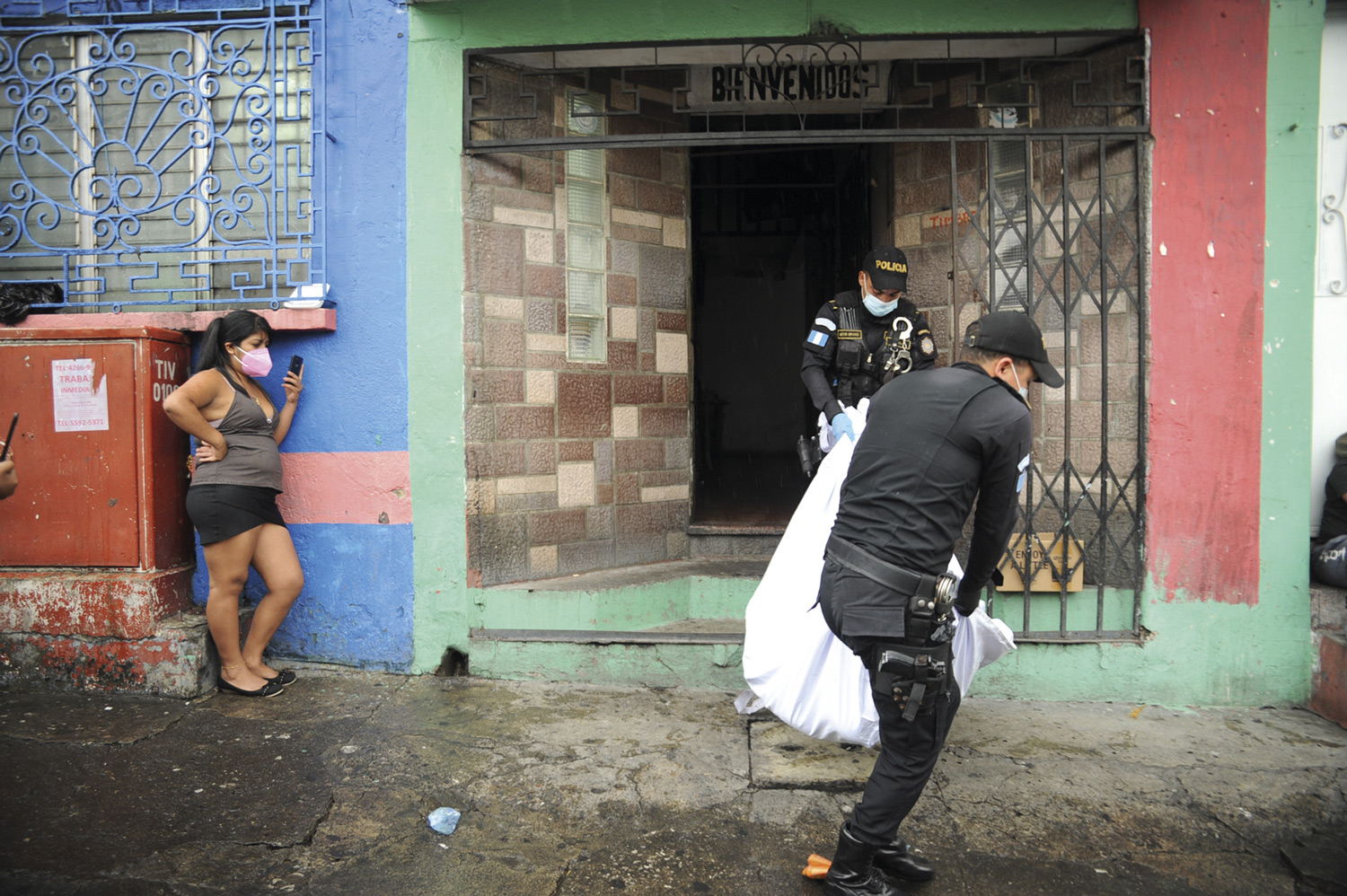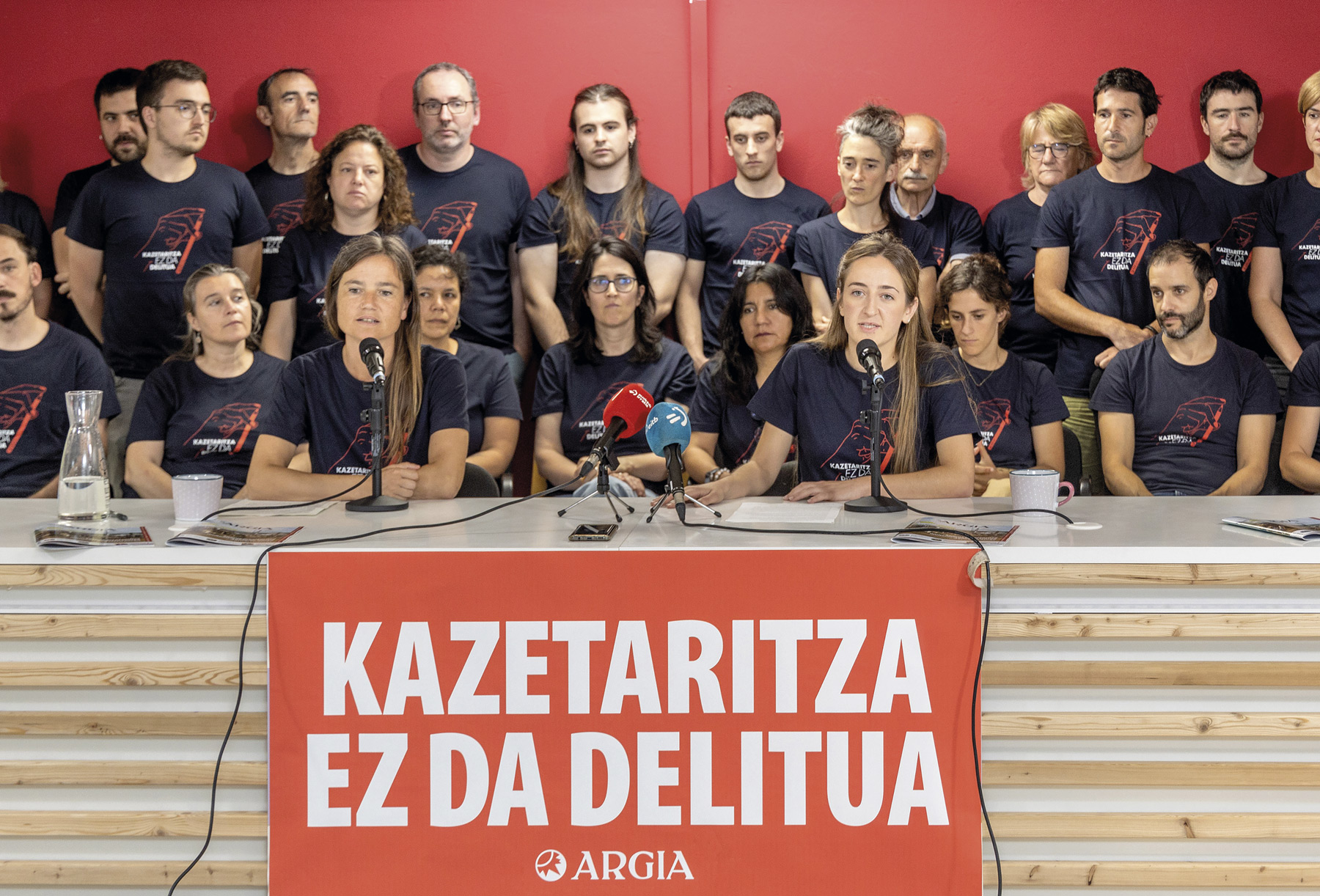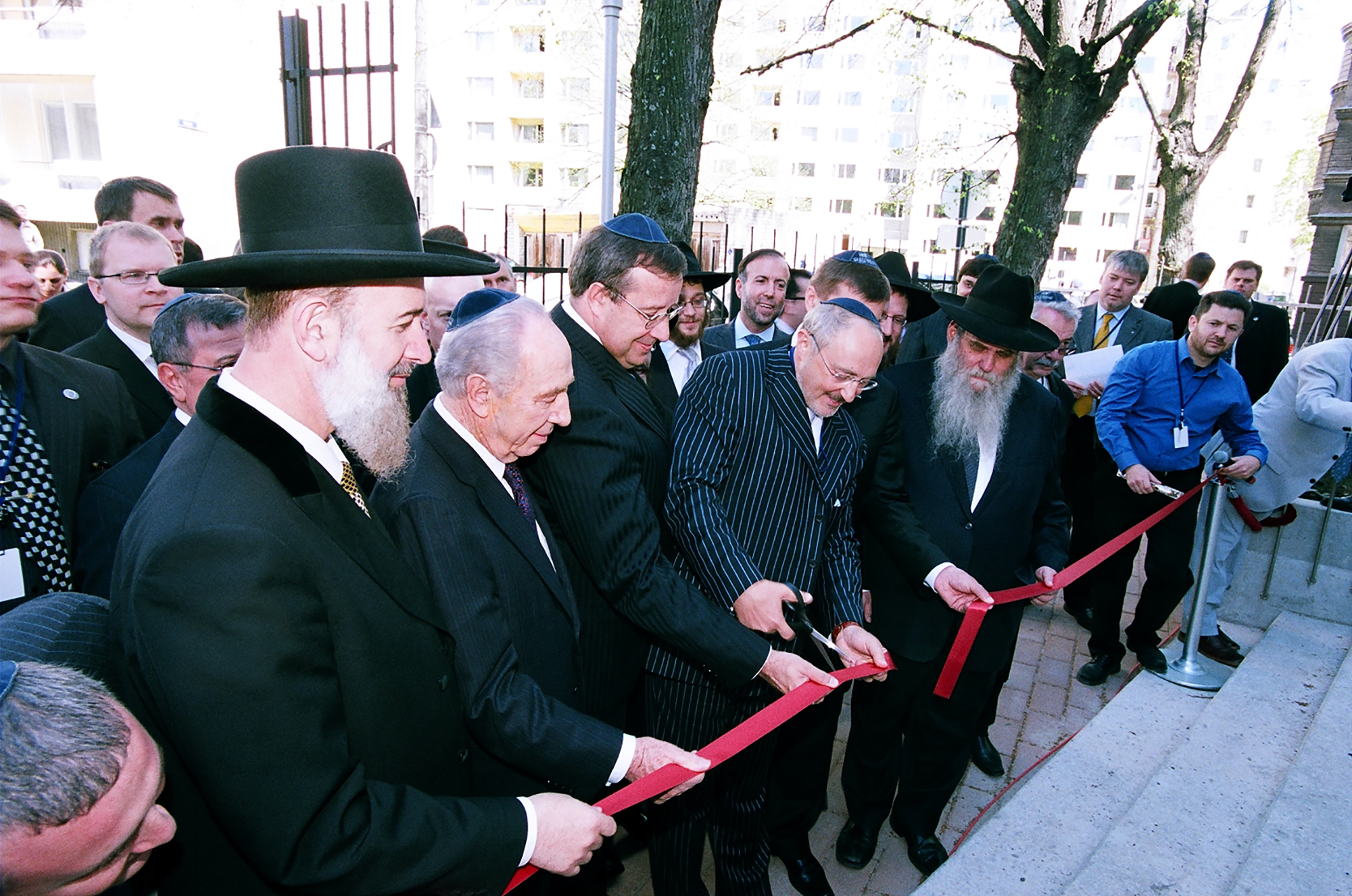“We cripple projects for eight years of community resistance”
- Melvin Picón (Coban, Guatemala, 1979) belongs to the maia q'eqchi community, from the department of Alta Verapaz in northern Guatemala, in collaboration with the non-governmental organization Mugarik Gabe. He has worked in eleven associations and struggles for the defense of the people of origin, and currently collaborates with ASECSA in agroecological projects, among others. He clarifies that his main mission and political action are aimed at asserting rights over historic territories. We asked him about his fight against mega-projects.
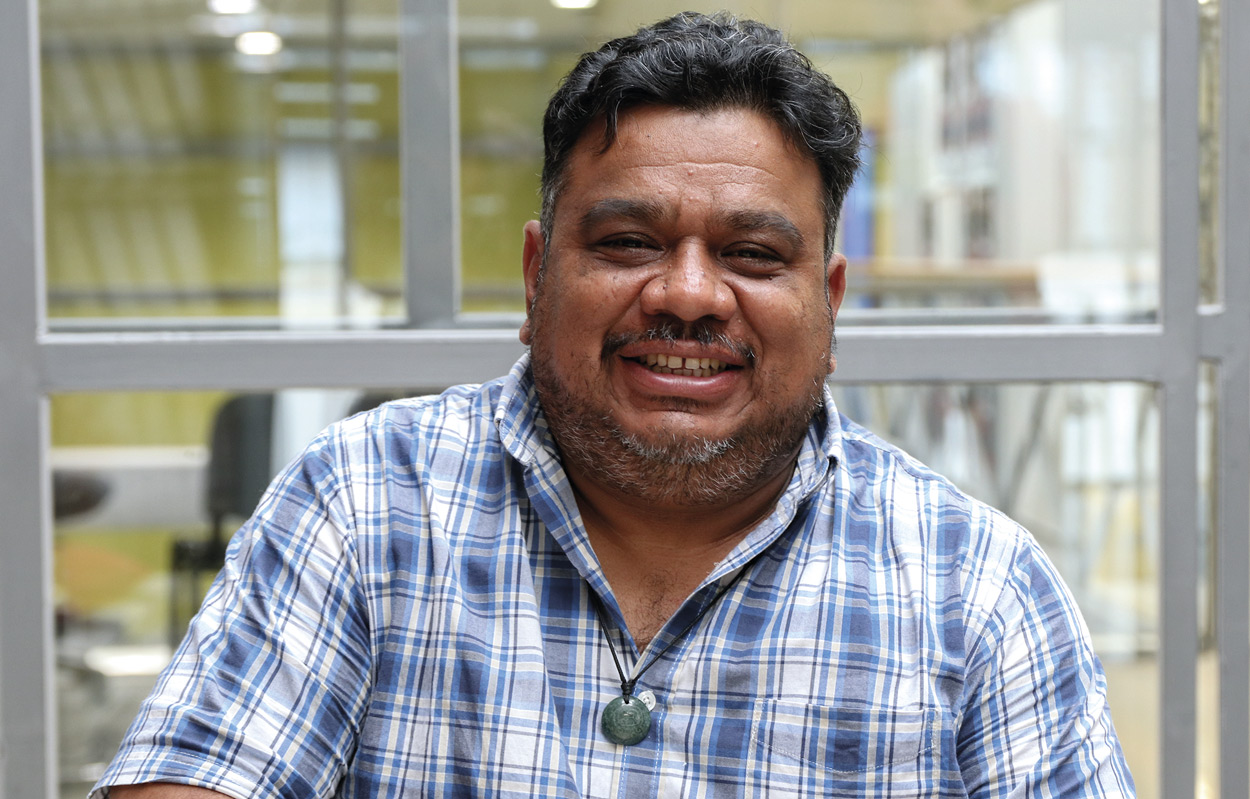
They have been defending land for decades and claiming, among other things, the right to consult communities before multinationals. What is the most effective way to fight for achievements?
Combining different strategies is the most effective way. The main strategy is the capacity to organize and resist the territory: if the communities are organized and mobilized so that the extractive or hydroelectric project is not imposed, etc., then it will be the basis of everything that comes. And also the ability to react to repression, criminalisation and criminal prosecution, which normally fight to defend the territory. There are also mechanisms for bringing conflicts to the courts, both in Guatemala and internationally. There are a lot of situations. Court proceedings are initiated in the communities and relations are woven with their social and/or specialized organizations, as well as with law firms with social commitment. At the international level, for example, we have contacts with organisations such as Mugarik Gabe that help us investigate and document cases. Sometimes legal requests work.
For example?
In one case, we went to the World Bank through an international working network that made it possible to cancel funding for a hydroelectric project. But it was based on the organization, the country where we had worked, and then we spread the work internationally. In this case we succeeded and paralysed the project, because tremendous work was done to ask the World Bank and the European Development Banks to withdraw the money they had in the investment fund.
So you've had victories.
Yes! But in Guatemala there are no laws that protect us. We, for example, have judgments of the Constitutional Court of Guatemala, which require that the right to consult the peoples of origin be met, but it is sent to the territories where the projects of the multinationals are already in place. For example, there is the case of the hydroelectric power plant Renace, a hydroelectric construction built by the Spanish transnational company ACS, linked to Florentino Pérez [President of the Club Deportivo Real Madrid], installed in the territory, which the court has ordered that the right to consult be reviewed, but has not said so during the consultation of the paralysis of the facilities, is contradictory.
“Collectivity and community is the only way to reduce the risk of being criminalized, as it is very easy to attack alone”
You speak of criminalisation by land defence. How do they face that continued harassment?
It is a business and state strategy. When they see that there is resistance and that the imposition of a project is opposed, they always use criminal law to criminalise human or community rights defenders. We try to work to maintain community support, but when there are 40-60 criminalized people from the same community, it is difficult to defend everyone. Firstly, the strategy is to reduce the risk of criminalisation, judicialisation or aggression.
How is the risk reduced?
The community, the community. That's the only way, because when a person starts to be very spectacular, it's very easy to attack alone.
But at the same time, in this struggle, we need referent people, right?
References yes, but not decisive. Because they only represent the struggle, and they don't make decisions about the struggle or the form of the group. The rest is done by assembly.
He has worked as a technical-political advisor in the resolution of agricultural conflicts in the q’eqchi’ and poqomchi communities. How are we working on resolving these conflicts and, above all, how are we working with the Länder and what relationship they have with them?
We're not related to the beaters, we're dealing with [laughter]. The fundamental thing in an agricultural conflict is to have enough research and information to prove that there are irregularities in the latifundia. There are always irregularities, although they themselves make sure that it is perfectly legal, that it is registered in the property, etc. We usually find that the latifundist claims to have 100 hectares in ownership, but when we do the study, we realize that it has between 200 and 300 hectares in its hands, more than they legally own. As for mediation, it is very difficult to reach agreement with the owners.
“The consumer culture is the one that keeps the Global South in awe, because they increasingly need more”
In Guatemala, mechanisms were in place that sought intermediate points of conflict resolution, as reflected in the Peace Accords after the 1960-1996 war. In most cases, the confrontation has to do with the employment relationship between the latifundist and community members. In this case it is clear that, if it has infringed labour obligations, the aim of mediation is for the latifundist to provide the farmer with compensatory labour benefits by land. The latifundist has had to give all or part of the land to the communities, in many cases we are successful in that mediation.
In other cases, if we have studies and evidence, the State has also intervened in the resolution of reports of irregularities in these areas, which the State has returned to the communities. But we could do it until five years ago. The problem is that the present Government dissolved any institution responsible for implementing the Peace Accords. One of them was that of agricultural problems, which managed more conflicts and sought solutions. It does not exist at present.
And how do you work now without those mechanisms?
The only mechanisms we have now are the judicial ones. Make the request and justify by means of studies and expert reports the existence of irregularities in the land of the owners of the land, preventing the expulsion or commission of crimes. That is what we are now witnessing in trials. However, the judicial process is longer and laborious, and more dangerous for criminalisation, because it is easier to use against you what you said in the trial.
In Euskal Herria, soil defense is gaining strength due to increased mega projects. From your experience, why should we solve it?
It has a lot to do with organizational level and resistance actions. We all have a right to resistance. We have been successful in curbing the projects, because the communities are organized and have been running for seven to eight years not to put it in. Of course, with costs. The hydroelectric power plant in Santa Rita [Alta Verapaz], for example, was abandoned, but we spent seven years in resistance to prevent the entry of the company with total control of the territory and cost: More than 30 criminalized, more than eight deaths... In other cases the costs have been lower, as the level of community organization has allowed there to be no repression.

The dominant discourse is that the solution to the energy crisis is renewables. How does this ideology affect the indigenous peoples of Guatemala?
We are all under the neoliberal and capitalist umbrella. The problem of talking about renewable or green energies is scales. Scales are megaindustrial and mercantilist, they will never have a social function. Even if it is very renewable and very green, we will eventually invade people’s land, damaging their quality of life and destroying ecosystems. Wind farms will continue to grow because the logic is commercial. If they had social logic, the objective would be to meet the energy demand of a given area.
With us the same thing happens, we are told that we are moving towards cleaner energy with hydroelectric power plants. But will they only build enough hydroelectric to meet our social needs? No, they're doing hundreds. See the case of the Cahabon River, where six plants have been built, which are the ones that generate most in the country right now, but this energy does not meet the needs of the local communities, because they are neither connected, they have no electricity. Why? It's for the market. And what you can pay for is the consumer market, which is normally connected with the big companies in the area, mining, the African palm, El Salvador, Honduras or southern Mexico. Everywhere there is the same logic.
Also with lithium to make electric cars. To shift all gasoline cars to electric cars, to keep those huge industrial scales, what? Everything is extractive.
You have the advantage here of having very good public transport systems, what needs to be changed is culture. The consumer culture is the one that keeps the Global South in awe, because they increasingly need more.
Una multinacional occidental explota massivament les riqueses naturals d'un territori considerat “tercer món”. Diners per a l'empresa, contaminació per als residents i problemes diversos. Quantes vegades hem sentit aquesta història? No obstant això, en aquesta ocasió 65... [+]
Martxoaren 8an legearen alde bozkatu zuten, baina presio sozialaren ondorioz martxoaren 15ean artxibatzea erabaki dute. Abortatzeagatik kartzela zigorrak handitu eta eskoletan sexu-aniztasuna irakastea debekatu nahi zuten.












